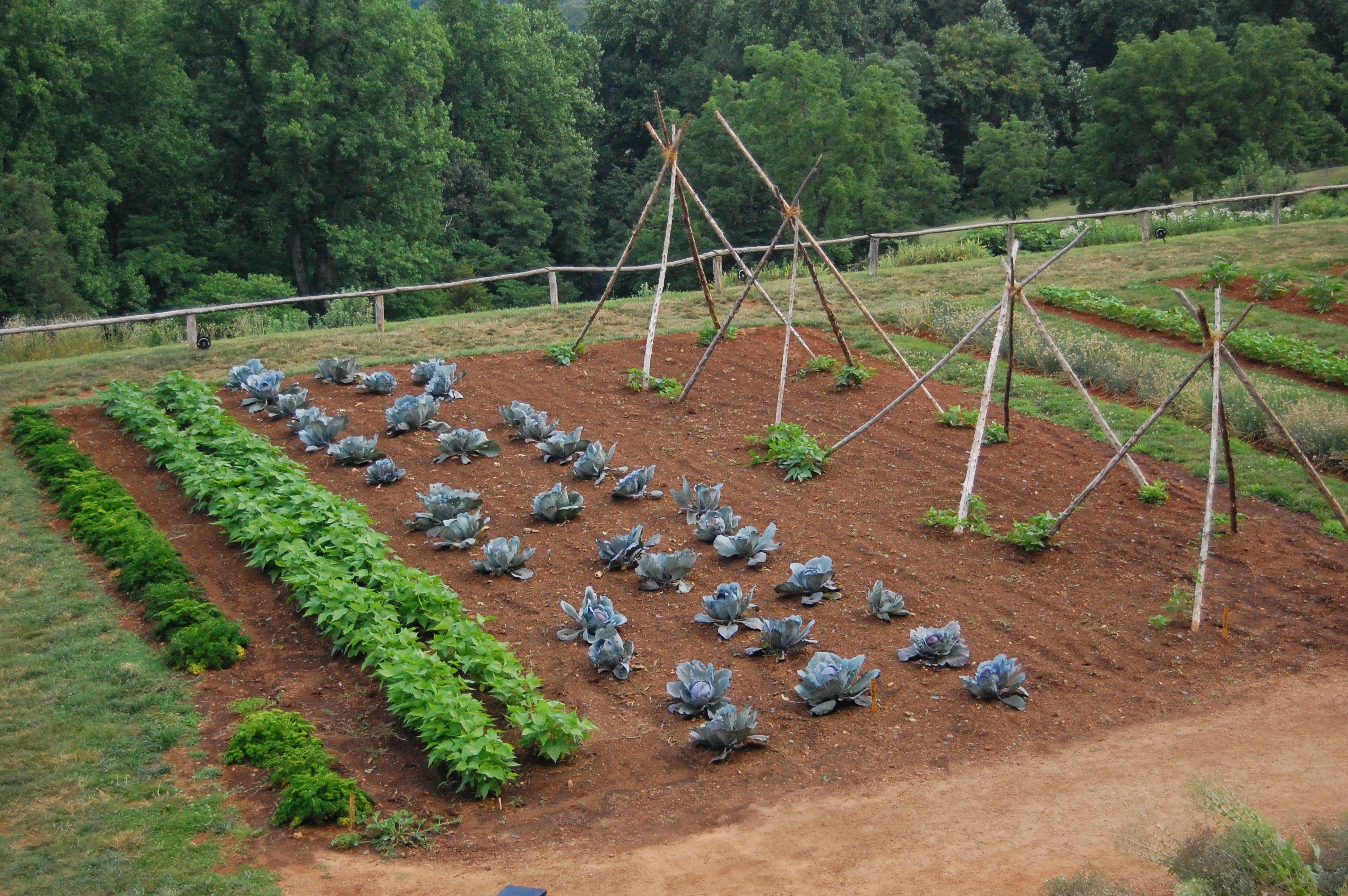As I prepare to put in my garden this year, I feel a little like some whacko-zombie apocalypse fanatic. I am on a fervent mission to find non-GMO seeds and plants.
It’s not as easy as you might think since Monsanto, the father of Frankenfoods and RoundUp (what a pair!) has not only managed to protect itself against lawsuits from consumers whose health is damaged by its GMO products, it has also managed to buy up most of the seed companies and insert genetically modified organisms (GMOs) into their products.
The day is not far off when it will be impossible to buy seeds that have not been modified.
Until very recently, Monsanto had targeted corn, canola, soy and cotton, but now its gobbled up the market for the seeds you and I plant in our backyard gardens. Monsanto now owns 90 to 95 of all seed companies in the U.S. While Monsanto says it has no intention of making all seeds GMO, I can only say: If you believe that, I’ve got a bridge I’d like to sell you.
Let’s back up a few weeks to March 29 when President Obama signed into law, which has been dubbed the Monsanto Protection Act. The bill allows Monsanto to promote and plant genetically modified organisms (GMOs) and genetically engineered (GE) seeds and precludes the courts for litigating any cases contending the products are unsafe.
This unprecedented legal protection also gives Monsanto a green light to continue producing and expanding its market for GMO crops and seeds.
The danger now is that according to US laws, Monsanto always wins, even if its experimental crops are proven to be hazardous to human health and even if they cause a runaway crop plague. Now, the American government has given away the judicial power to prohibit the planting and harvesting GMO crops in almost any case.
Zombie apocalypse, indeed!
GMO foods have been scientifically linked to obesity, diabetes, immune system alterations and impaired ability to digest protein. malfunction. The Bt-toxin introduced by Monsanto in the 1990s to kill insects has now been found in the blood of 67 percent of all women, 93 percent of all pregnant women and 80 percent of umbilical cord blood in their babies.
That’s just the tip of the iceberg. At least we, as consumers, have the right to know what we’re eating. Well-financed corporate interests helped defeat the GMO labeling amendment in California. Washington state has a labeling initiative pending. More than 60 countries now requires GMO labeling, but not the U.S. This is everyone’s fight, so I encourage you to get involved.
Back home, I’m seeking out heirloom seeds and plants for my garden. I found a good list at Garden of Eatin’ that not only give us a very short list of seed companies that have signed a non-GMO statement for their products and a much longer list of those that are either owned by Monsanto or have at least some GMO seeds.
Today’s revolution is with our pocketbooks. Don’t buy products from companies that have bought into the Monsanto lie.
This is a complex issue that I’ll be visiting and re-visiting frequently in the future. Stay tuned. Your health and mine and the health of the planet for the next seven generations depends on it.
All content is written by Kathleen Barnes and may be used freely if unedited and attributed.








Comments are closed.